Switch to:
 EN
EN  Português (PT)
Português (PT)  Español (ES)
Español (ES)
During high season and school holidays, trips with children become increasingly frequent and even necessary. However, despite the period of rest and fun being so important to the whole family, traveling with the little ones requires a series of important precautions.
With that in mind, we’ve put together a list with some tips that will help you prepare for your trip and make your family time even more special and peaceful!
Make a Checklist
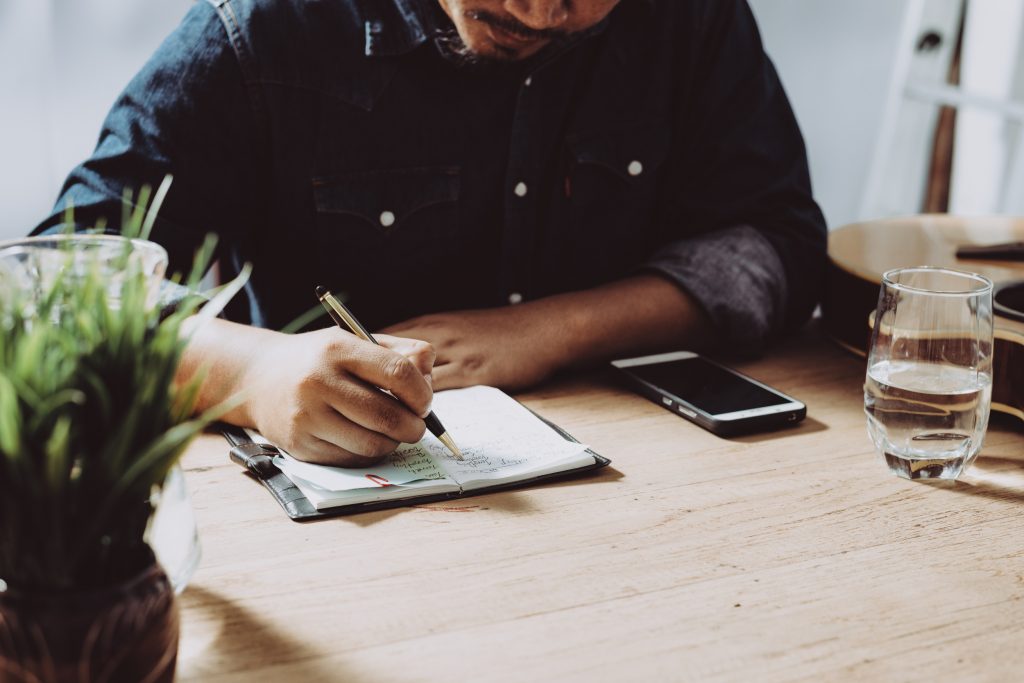
A practice widely adopted by airplane pilots before each flight can also be used at home: checklists. In addition to helping organize everything that is essential for a smooth trip, they will also help in remembering everything that will ensure the comfort of the child throughout the trip.
So, before packing your bags and separating all the essentials for the trip, write down on paper everything that is essential and cannot be forgotten. Clothes, diapers, powders, shoes, pacifiers, bottles, food supplements, medicines, ointments… The list can be long, but it is essential that nothing is left out.
After organizing the bags, with your personal checklist in hand, visually check that the items listed on the paper are separated and stored, and mark them off one by one, signaling that they have been properly separated. That way, you’ll be sure you’re not forgetting anything at home!
Assemble a Small First Aid Kit
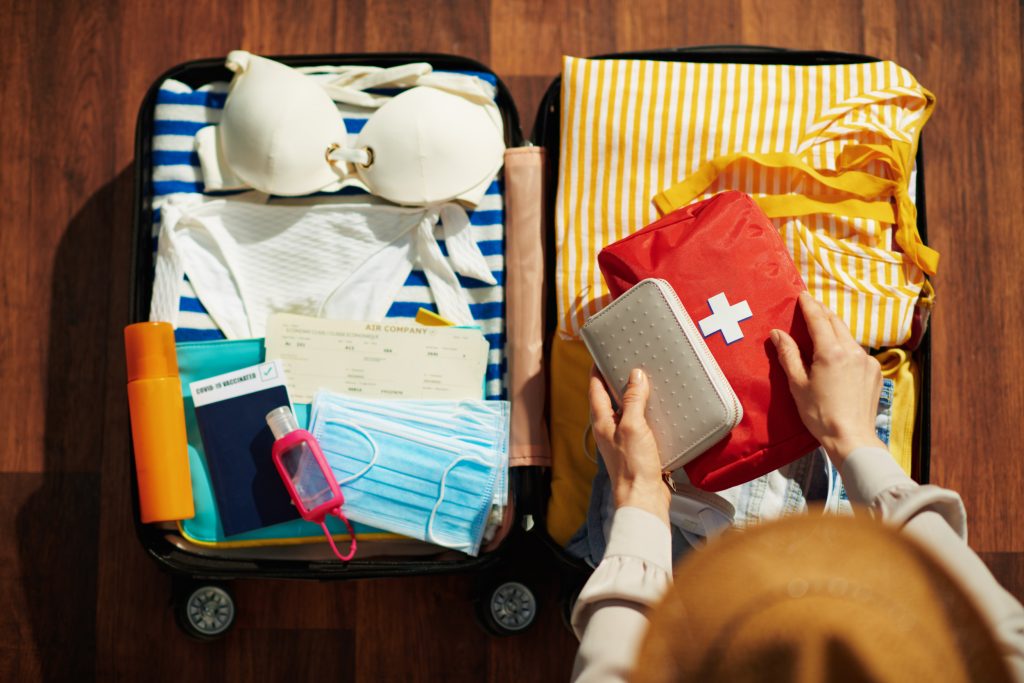
During the family’s trip, it is normal for small unforeseen events to occur. Small bruises, ailments of various types, or even that food that “didn’t go down so well”. To prevent these situations from making the trip even more difficult, pack a quick first-aid kit in your hand luggage.
Your kit doesn’t have to be a mini pharmacy, but it should contain the main medicines commonly used in your home. Antiallergics, antacids, analgesics, and dressings can be used quickly and help to reduce the symptoms of ailments. If children need medication with continuous use, it is important that it is identified with the other medications in the family so that it can be quickly accessed in case of need.
Watch Out For the Children’s Food
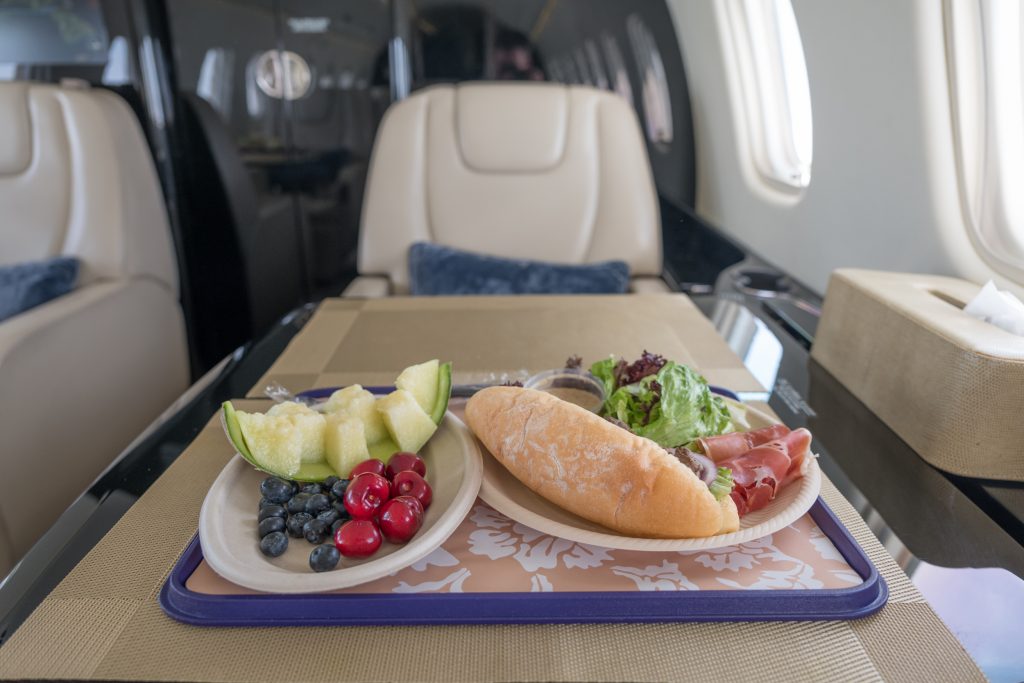
Sometimes, the food at the destination of the trip can be very different from what children are used to on a daily basis. If the trip is to a distant location, where even the time zone can interfere with eating, the impact can be even more sensitive for children.
To keep feeding time from being a challenge, carrying small healthy snacks and fruits that little ones like can go a long way in reducing the consequences of dietary differences.
Trying to maintain a mealtime routine similar to the one adopted at home is also a great practice to soften all the differences felt by children when they are away from their usual places.
Do Your Best to Make the Trip Less Boring
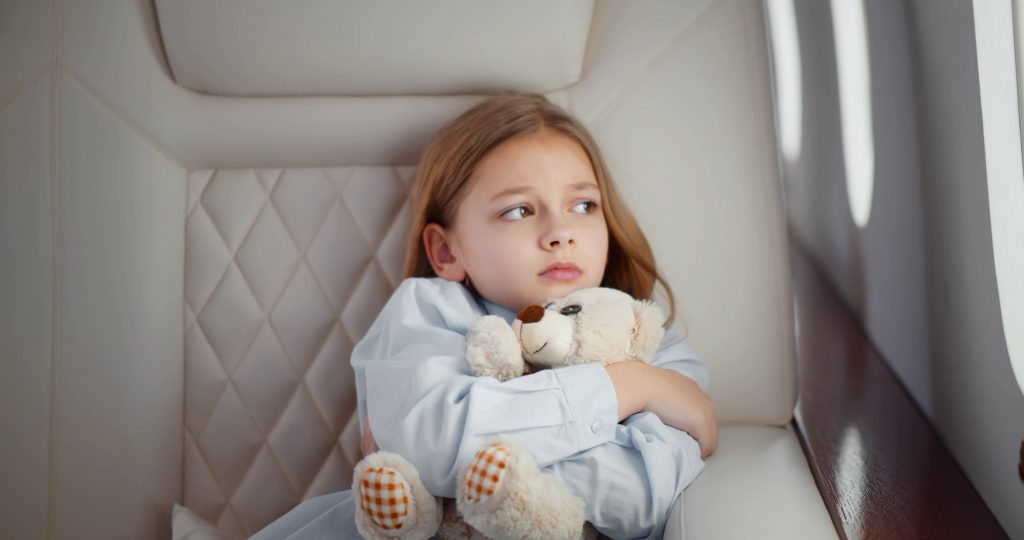
Long flight hours can be tedious and stressful for young children. Finding ways for the journey to be more peaceful can help lessen disruption and make the trip even more enjoyable for the whole family
Papers, crayons, or educational games, in addition to diverting the attention spans of children, can also inspire interaction between the family during the flight.
Drawing, games, and music on tablets or cell phones can be great allies for complete distraction — but they should always be used sparingly, to avoid excess screen use.
Pay Attention to the Necessary Documentation

Some cities or countries require their visitors to have specific documents in order to allow entry to these locations. Therefore, before the trip begins, make sure that all required forms and certificates are up to date and specially separated for each family member.
For children, it is very important that vaccination cards and birth certificates are in the possession of the family. If a specific vaccine is required for the trip, it is also very important to check if the child is eligible for the required vaccine and to adapt to the rules of each location, avoiding potential inconveniences upon arrival at the destination.
During the pandemic, COVID-19 vaccination certificates and PCR tests are also frequently mandatory items, and each location can have their own requirements. Vaccinated or not, check with the local authorities or with the hotels where you will be staying about what these are for each visitor.
Beware
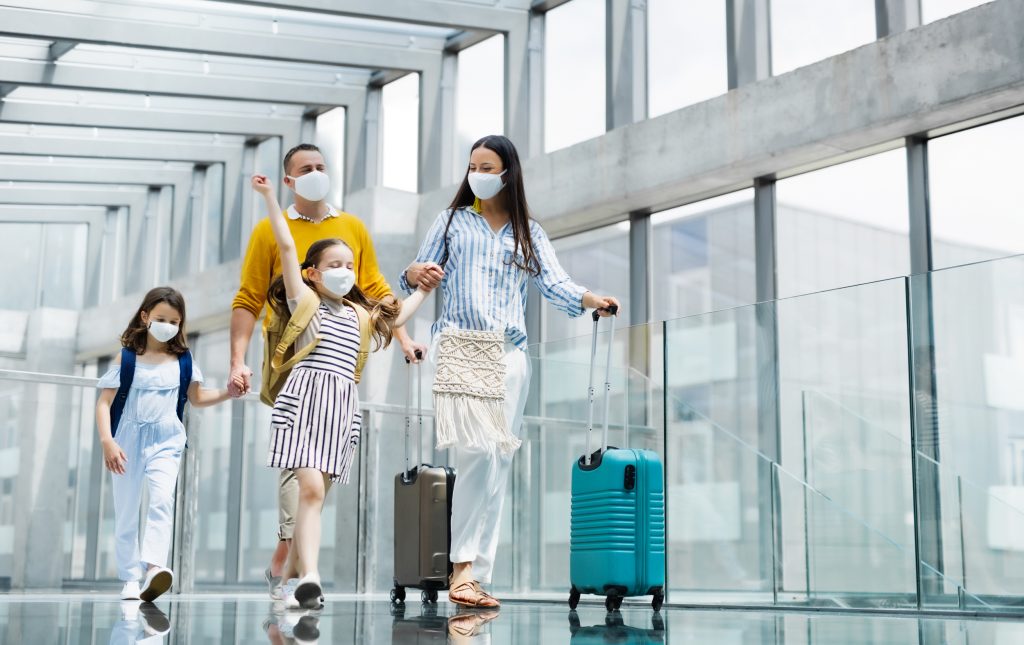
Although all Flapper safety protocols are strictly followed, prevention remains important and is very necessary for containing the spread of COVID-19.
Take spare masks and alcohol gel with you, and avoid placing your hands on your nose and mouth. Whenever possible, wash your hands with soap and running water for 30 seconds.
Also teach these small hygiene habits to children, so that they are always careful. Keeping your hands clean and taking precautions can, yes, be a very fun time!
